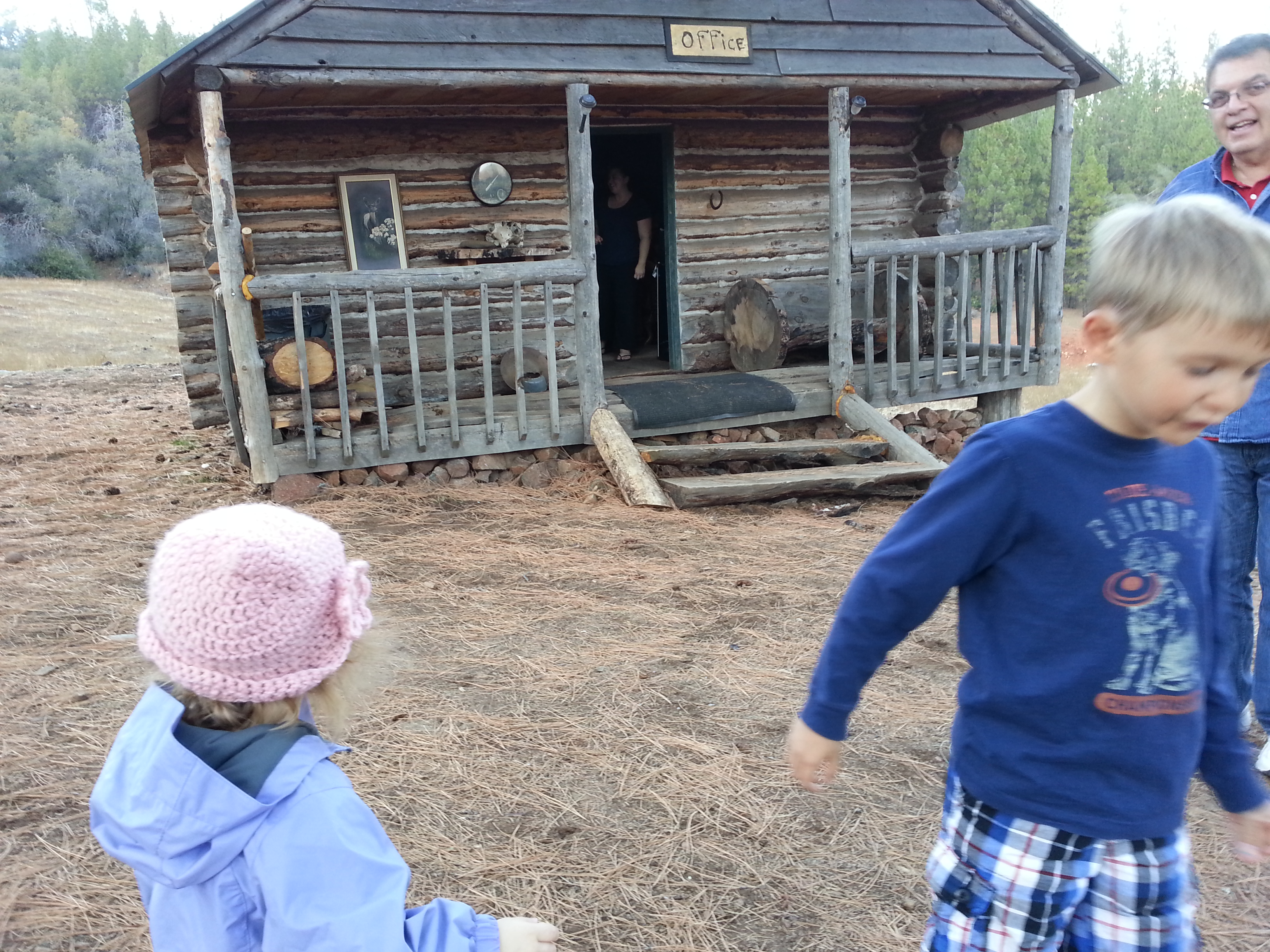Airbnb Headquarters
Maker Faire 2015
Marvin’s Marvelous Mechanical Museum
A wonderland of vintage arcade games and mechanical curiosities Photo Gallery Have you visited any unique museums lately? Share your experiences in the comments!
2015 Resolutions
"Everyone has a plan – until they get punched in the face." — Mike Tyson 2014 in Review Mike Tyson once said, "everyone has a plan — until they get punched in the face." I spent a considerable amount of time in 2014 dusting myself off from the barrage of punches life threw at me in 2013. What I learned in 2014 is a big reason I haven't been able to accomplish a majority of...




